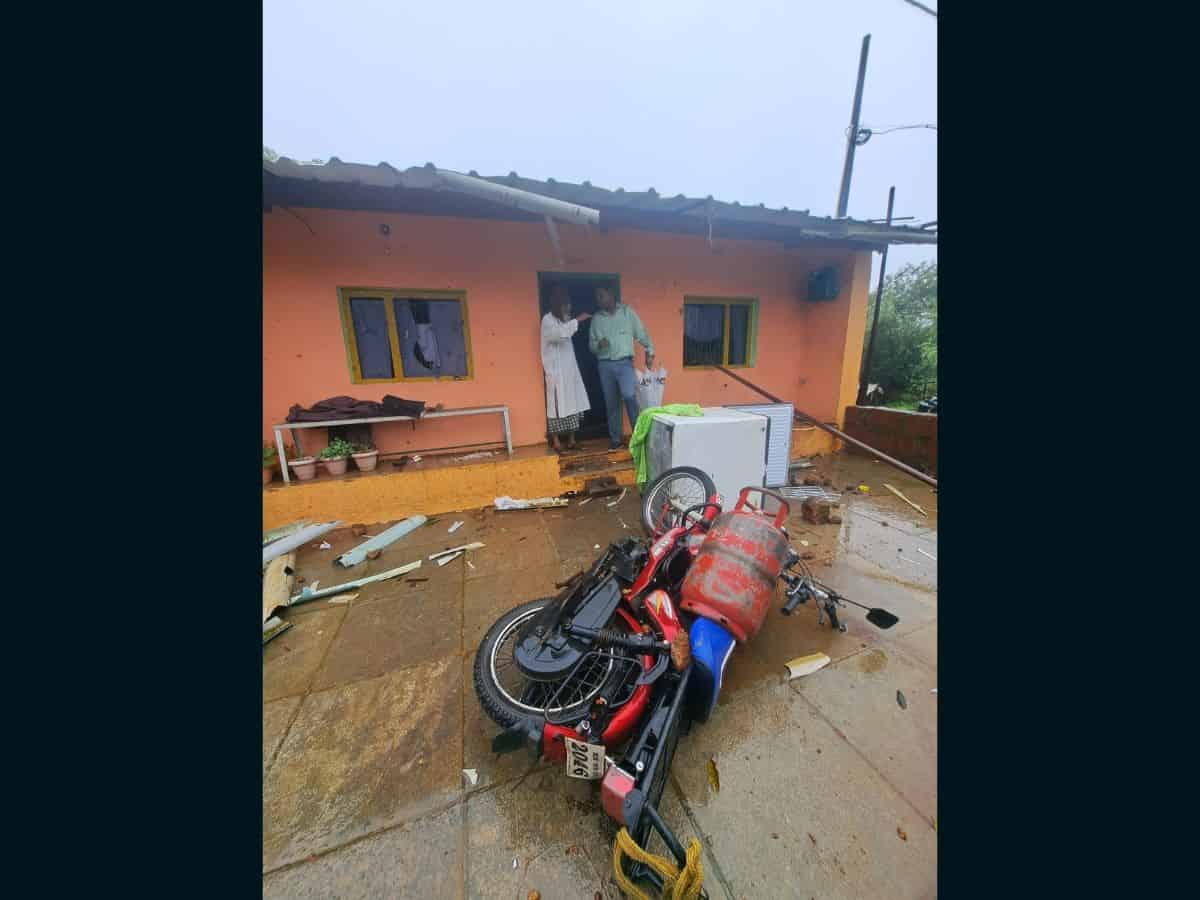
By Rashad Ullah Khan
Kolhapur is the land of Chhatrapati Shahu Maharaj, known for his social reforms. He is also seen as a symbol of progressive thought. However, for the past year, it has witnessed two large-scale events of communal violence.
On July 14, 2024, what was claimed to be a peaceful protest against illegal encroachments near the Vishalgad Fort turned to chaos as protestors damaged 40 homes and shops and vandalized the local mosque.
The report of the incident by The Quint, which has eyewitness accounts of the residents, goes into detail about how the mob appeared carrying swords, lathis, and knives and proceeded to inflict damage to the property around. In 2023, a similar large-scale incident took place when right-wing organizations took offense to a social media post and called for a bandh in Kolhapur.
According to an analysis carried out by Article 14, Maharashtra had an influx of communal incidents, about 41 cases ranging from riots, lynching, and rallies with hateful messaging. One cause of such a high level of incidents could be the number of hate speeches delivered in Maharashtra. The Hindutva Watch reports that 74 hate speeches had been delivered in Maharashtra in the first 6 months of 2023, accounting for 30% of cases in India. The lack of any intervention from the state administration and local police is the main cause for alarm as only due to inaction can such an environment prosper.
The political scientist, Suhas Palshikar writes that due to the failure of the institution of police, there will be an increase in cases of vigilante action which will act as a form of law enforcement.
If we look closely into the case of violence that took place in Kolhapur, the activists who were present on the ground have reported how the violence and vandalism were carried out in the presence of the police.
According to the call against the encroachments given by former Rajya Sabha Member of Parliament Sambhaji Raje, the participants proceeded to gather at Vishalgad Fort but were dispersed by the police at the fort who did not allow the gathering to take place. It was upon returning from the fort that the mob approached the nearby village and unleashed violence.
The main issue that arises from the incidents of violence taking place in Maharashtra is the situation of law and order in the state and how speeches that communally charge the atmosphere go unchecked along with the lack of police crackdown on the mobs responsible for the violence. While the lack of police vigilance is a serious concern, the fact that India does not have a law that specifically addresses communal violence is a big challenge that hinders effective administration. The Congress-led United Progressive Alliance introduced the Prevention of Communal Violence (Access to Justice and Reparations) Bill in 2004 but was not considered and tabled away. The bill’s highlights were that it expanded the definition of communal violence, and aimed for speedy trials, investigations, and rehabilitation of the victims. The bill also provided for stringent punishments and investigated the involvement or negligence of the police officials of the communally disturbed area. Before the introduction of the new criminal laws which were passed by Parliament last year in December, the accused were charged under the Indian Penal Code sections such as 153A and 295A that dealt with promoting enmity between different groups on the ground of religion, race, caste, language, etc., and deliberate and malicious acts intended to outrage religious feelings of any class by insulting its religion or religious beliefs, respectively. It is still unclear how acts of communal violence will be charged under the new criminal laws that have come into effect from the first of July 2024.
Overall, the lack of a concrete law that would deal with instances of communal violence and allow for the prosecution of the instigators of violence is being severely felt across India. After some time, the accused have the cases dropped against them and roam free. Due to the lack of an institutionalized mechanism that would hold the police more accountable, the vigilante groups grow more emboldened. They can carry on with their proceedings without much consequence. With the incidents of communal violence only increasing, the responsibility falls on the members of the opposition political parties, progressive social groups, and civil society to demand a law that will tackle the issue of communal violence at its core and ensure the way to a more communally harmonious future.
Rashad Ullah Khan is a Senior Research Fellow at the Centre for Developing Policy and Practice. He completed his Master’s in Women’s Studies from the Tata Institute of Social Sciences, Mumbai. His interests lie in religiosity, social movements, and gender.



